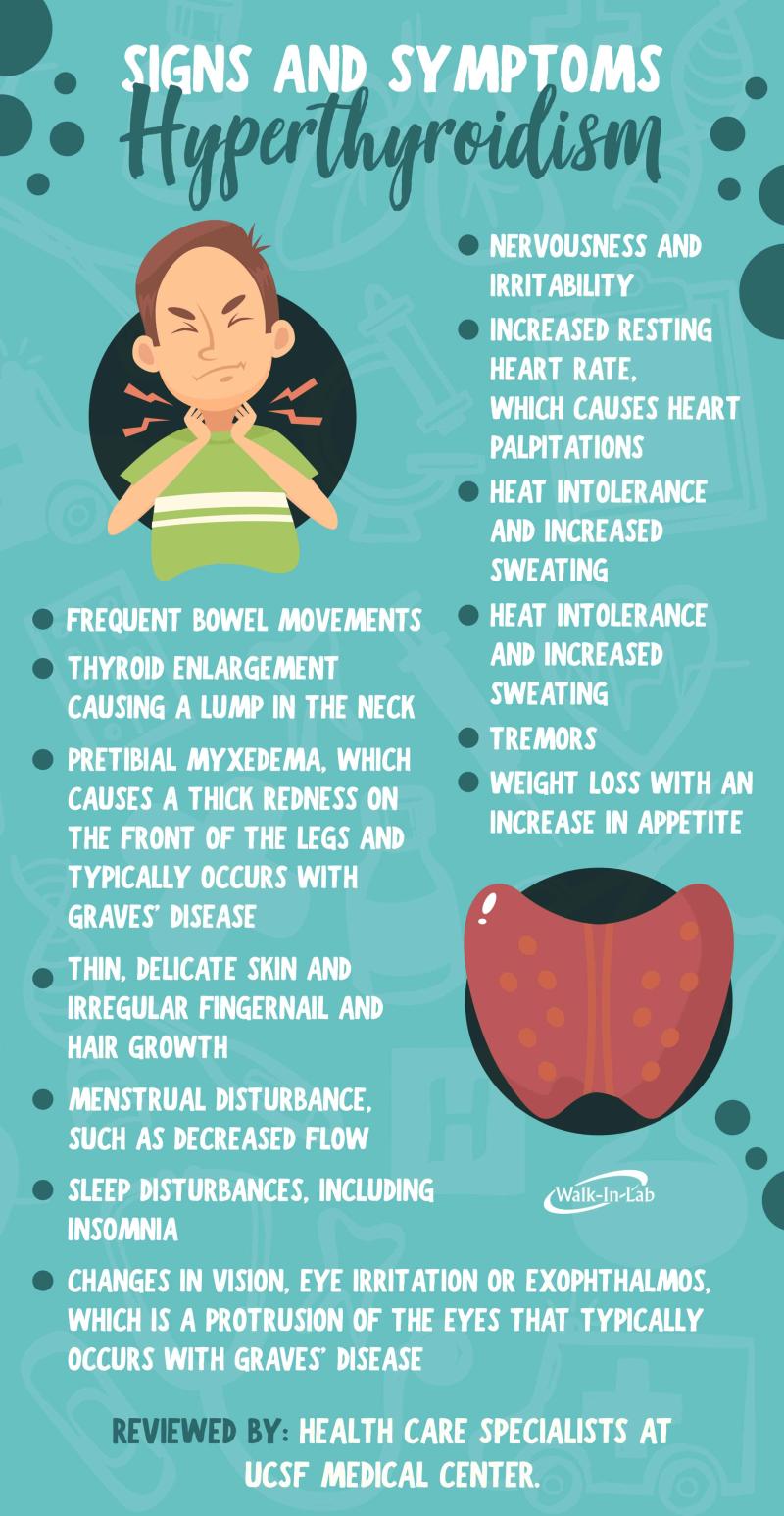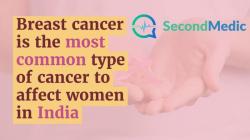What diseases are associated with hypothyroidism?
Hypothyroidism is a condition characterized by an underactive thyroid gland, resulting in insufficient production of thyroid hormones. The thyroid hormones play a crucial role in regulating various bodily functions, and hypothyroidism can have widespread effects on the body. Several diseases and health conditions are associated with hypothyroidism. Some of the common ones include:
Hashimoto's Thyroiditis:
- Hashimoto's thyroiditis is an autoimmune disorder in which the immune system mistakenly attacks the thyroid gland, leading to inflammation and damage. It is the most common cause of hypothyroidism.
Iodine Deficiency:
- Iodine is essential for the production of thyroid hormones. A deficiency in iodine can contribute to hypothyroidism. While iodine deficiency is less common in regions with sufficient dietary iodine, it remains a global health concern in some areas.
Postpartum Thyroiditis:
- Some women may develop hypothyroidism after giving birth due to a condition known as postpartum thyroiditis. It involves inflammation of the thyroid gland and can lead to transient hypothyroidism.
Subacute Thyroiditis:
- Subacute thyroiditis is characterized by inflammation of the thyroid gland, often following a viral infection. It can cause a temporary phase of hyperthyroidism followed by hypothyroidism.
Congenital Hypothyroidism:
- Some individuals are born with congenital hypothyroidism, which is a condition where the thyroid gland does not develop or function properly from birth. Early detection and treatment are crucial for normal development.
Medication-Induced Hypothyroidism:
- Certain medications, such as lithium and amiodarone, can interfere with thyroid function and lead to hypothyroidism.
Pituitary Disorders:
- Hypothyroidism can also be associated with disorders affecting the pituitary gland, which regulates the thyroid gland's hormone production. Pituitary disorders may result in decreased stimulation of the thyroid.
Secondary Hypothyroidism:
- Secondary hypothyroidism occurs when there is a dysfunction in the hypothalamus or pituitary gland, leading to insufficient stimulation of the thyroid gland.
Thyroid Surgery or Radioactive Iodine Treatment:
- Individuals who undergo thyroid surgery or receive radioactive iodine treatment for hyperthyroidism may develop hypothyroidism as a result of reduced thyroid function.
Turner Syndrome:
- Turner syndrome is a genetic disorder that affects females and can be associated with hypothyroidism.
Certain Autoimmune Conditions:
- In addition to Hashimoto's thyroiditis, other autoimmune conditions, such as type 1 diabetes and rheumatoid arthritis, may have an increased prevalence of hypothyroidism.
It's important to note that hypothyroidism can have a range of symptoms, including fatigue, weight gain, cold intolerance, and changes in skin and hair. Diagnosis and management of hypothyroidism typically involve thyroid function tests and may include thyroid hormone replacement therapy to restore normal hormone levels. Individuals experiencing symptoms suggestive of hypothyroidism should consult a healthcare professional for proper evaluation and diagnosis.
Hypothyroidism, a condition where the thyroid gland underproduces essential hormones, can impact various aspects of health. Here's a breakdown of its linked conditions, effects, risks, and management:
1. Associated Health Conditions:
- Autoimmune diseases: Hashimoto's thyroiditis, the most common cause of hypothyroidism, is autoimmune in nature.
- Cardiovascular complications: High cholesterol, elevated blood pressure, and increased risk of heart disease and stroke.
- Neurological issues: Fatigue, brain fog, depression, anxiety, memory problems, and carpal tunnel syndrome.
- Musculoskeletal pain: Muscle weakness, cramps, stiffness, and joint pain.
- Reproductive problems: Irregular menstrual cycles, infertility, and complications during pregnancy.
- Skin and hair changes: Dry, itchy skin, hair loss, and brittle nails.
- Digestive issues: Constipation, bloating, and weight gain.
2. Body Effects:
- Metabolic slowdown: Decreased metabolism leads to weight gain, fatigue, and intolerance to cold temperatures.
- Hormonal imbalance: Disrupted thyroid hormone levels affect various bodily functions, impacting energy levels, mood, and digestion.
- Immune system dysfunction: Increased susceptibility to infections due to a weakened immune system.
3. Untreated Hypothyroidism Diseases:
- Myxedema coma: A rare, life-threatening condition with severe hypothyroidism symptoms requiring immediate medical intervention.
- Goiter: Enlarged thyroid gland, although not always present in all cases.
- Congenital hypothyroidism: If untreated in newborns, can lead to developmental delays and intellectual impairments.
4. Long-term Consequences:
- Increased risk of cardiovascular disease, diabetes, and other chronic conditions.
- Unmanaged symptoms can impact quality of life, relationships, and work performance.
- Untreated hypothyroidism during pregnancy can harm both mother and baby.
5. Diagnosis and Management:
- Blood tests: TSH (thyroid-stimulating hormone) and other thyroid hormone levels are measured to confirm diagnosis.
- Physical examination: Assessing symptoms and potential goiter presence.
- Treatment: Typically involves synthetic thyroid hormone replacement medication tailored to individual needs.
- Regular monitoring: Regular blood tests and doctor visits are crucial to ensure optimal hormone levels and manage symptoms effectively.
Remember, early diagnosis and proper management of hypothyroidism are essential to prevent complications and improve overall health and well-being. If you suspect you have symptoms, consult a healthcare professional for evaluation and appropriate treatment.












